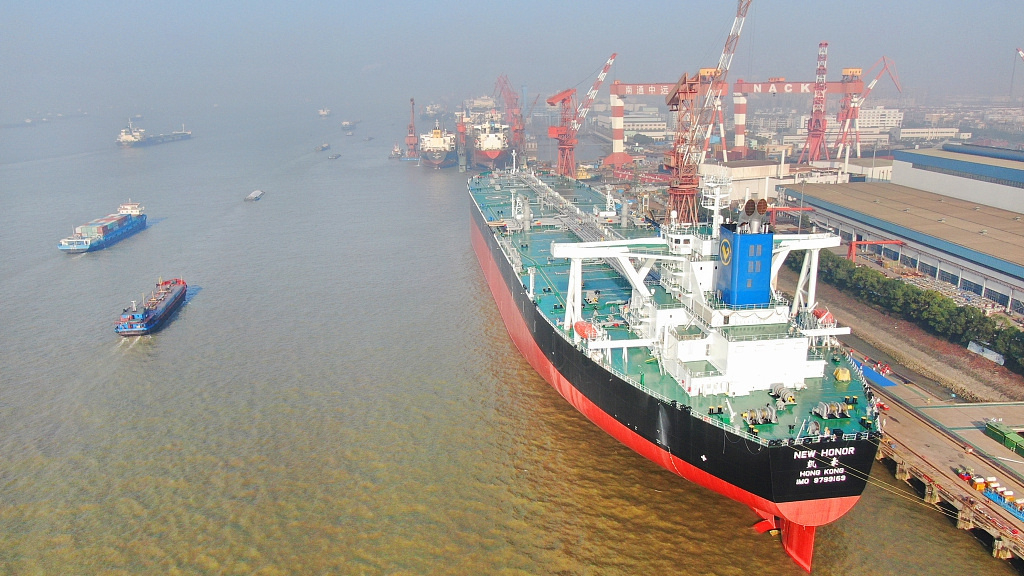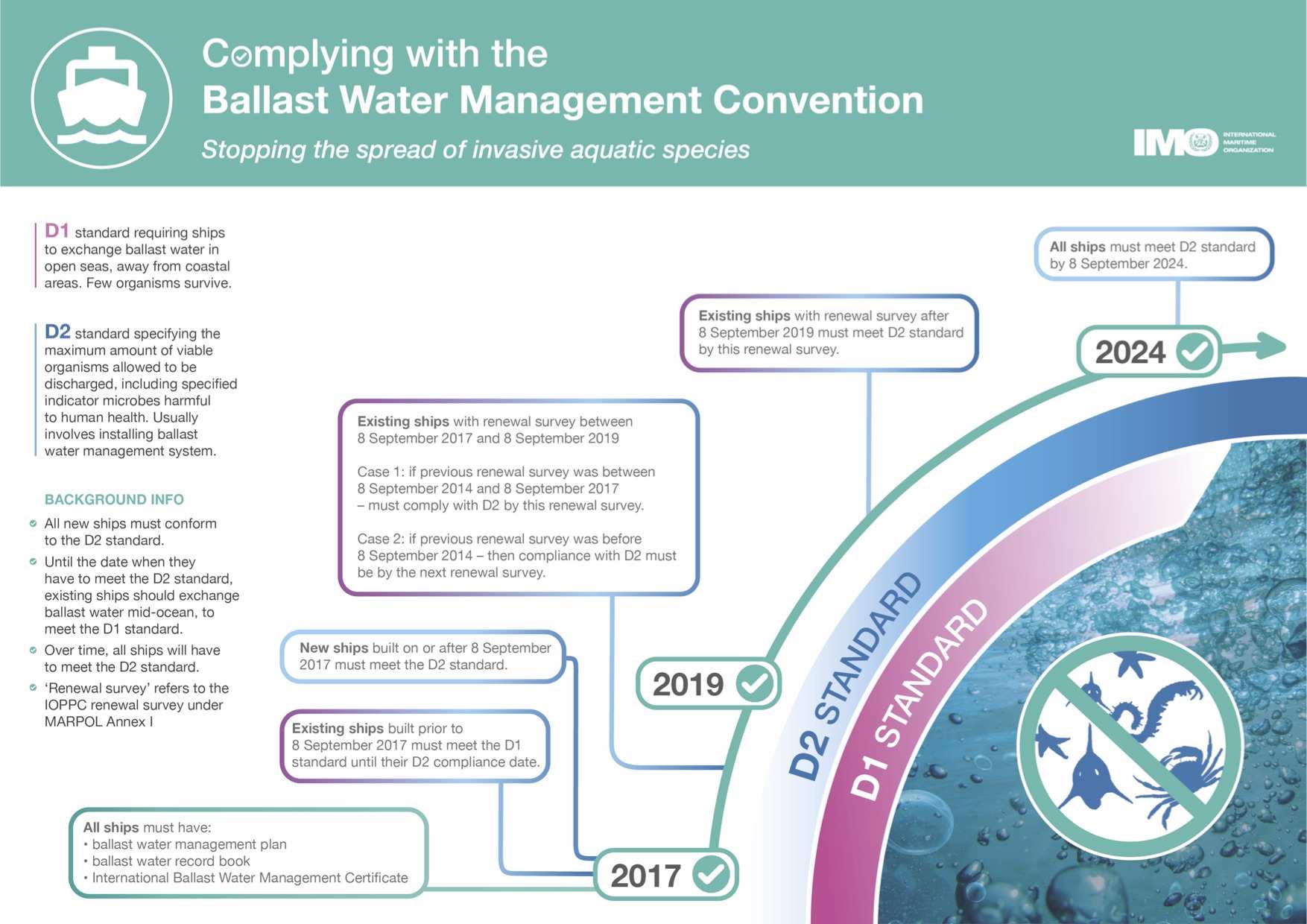
Environment
20:02, 22-Jan-2019
China enforces int'l treaty to control invasive marine species scourge
By Alok Gupta

In a bid to control the influx of invasive marine species entering its coastal waters via ships and cargoes, China enforced an international marine treaty on Tuesday.
China has an expansive coastal belt stretching up to 18,000 km, with an additional 14,000 km of coastline along its islands. That, along with a fleet size of 10,721 coastal vessels and 2,689 trans-oceanic vessels docking in and out of its ports, makes Chinese waters extremely vulnerable to foreign marine species invasion.
These marine creatures reach the country's shore as ships fitted with large tanks load thousands of liters of water before embarking on an inter-continental journey. The water – known as ballast water – ensures the vessel's stability, but it contains hundreds of marine species and microbes spreading diseases like cholera. Ballast water is emptied at the destination port, releasing thousands of marine creatures carried from the source port.
According to estimates, nearly 10 billion tons of ballast water are carried around the world every year, containing up to 7,000 species of aquatic plants, microbes and animals.
Some 80 percent of international trade is seaborne, making the invasion of non-native marine creatures spreading disease a major global concern.
The International Convention for the Control and Management of Ships' Ballast Water and Sediments (BWM Convention) was adopted in 2004 to control the aftermath of invasive species. After extensive training sessions and technological upgrades, the regulation came into force in 2017, and a few countries and shipping lines were given a two-year extension to comply.

The International Maritime Organization has set a deadline of 2024 for all shipping lines to comply with Ballast Water Management rules. /IMO Infographics
The International Maritime Organization has set a deadline of 2024 for all shipping lines to comply with Ballast Water Management rules. /IMO Infographics
The convention makes it mandatory for the shipping industry to treat the water before releasing it at ports or mid-ocean. It requires large ships and cargoes to install ballast water treatment systems to adhere to convention's rules.
"The implementation of BWM will help China as it means the country can exert port state control on all ships to ensure they are complying with the BWM treaty, as well as on Chinese-flagged ships that also need to comply," officials from International Maritime Organization (IMO), a specialized United Nations agency responsible for marine and atmospheric pollution by ships, told CGTN.
"Treating the ballast water on ships means ships trading across oceans will need to treat the ballast water to make sure no invasive species are brought in," they added.
Ships will have to carry a ballast water record book and an international ballast water management certificate.
As an intermediate solution, ships should exchange ballast water mid-ocean. However, eventually, most ships will need to install an onboard ballast water treatment system, IMO maintained.
A survey of ballast water in 2017 carried out at various Chinese ports revealed the existence of 40 species of non-indigenous marine plants, 17 species of toxic algae and 17 non-native organisms.
Concerned about the presence of such a diverse range of invasive species, researchers suggested regulation of ballast water with strict laws and better coordination among relevant government departments.

SITEMAP
Copyright © 2018 CGTN. Beijing ICP prepared NO.16065310-3
Copyright © 2018 CGTN. Beijing ICP prepared NO.16065310-3